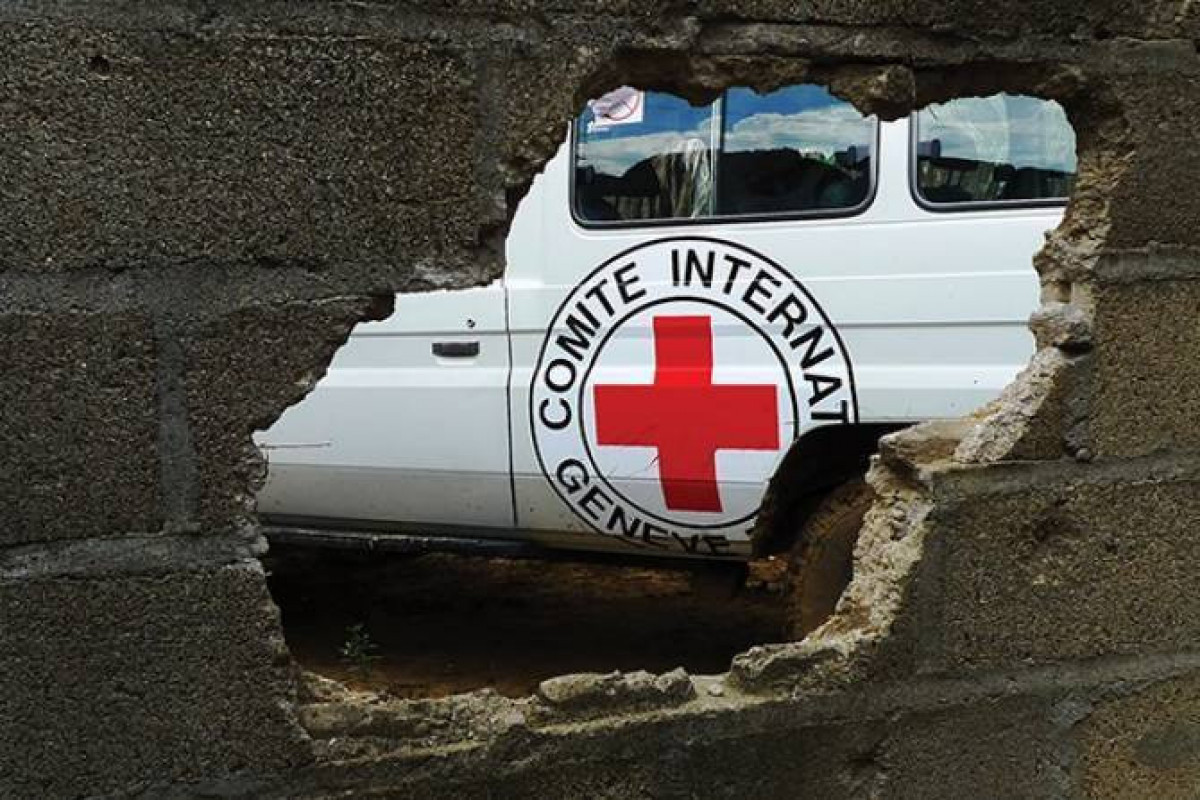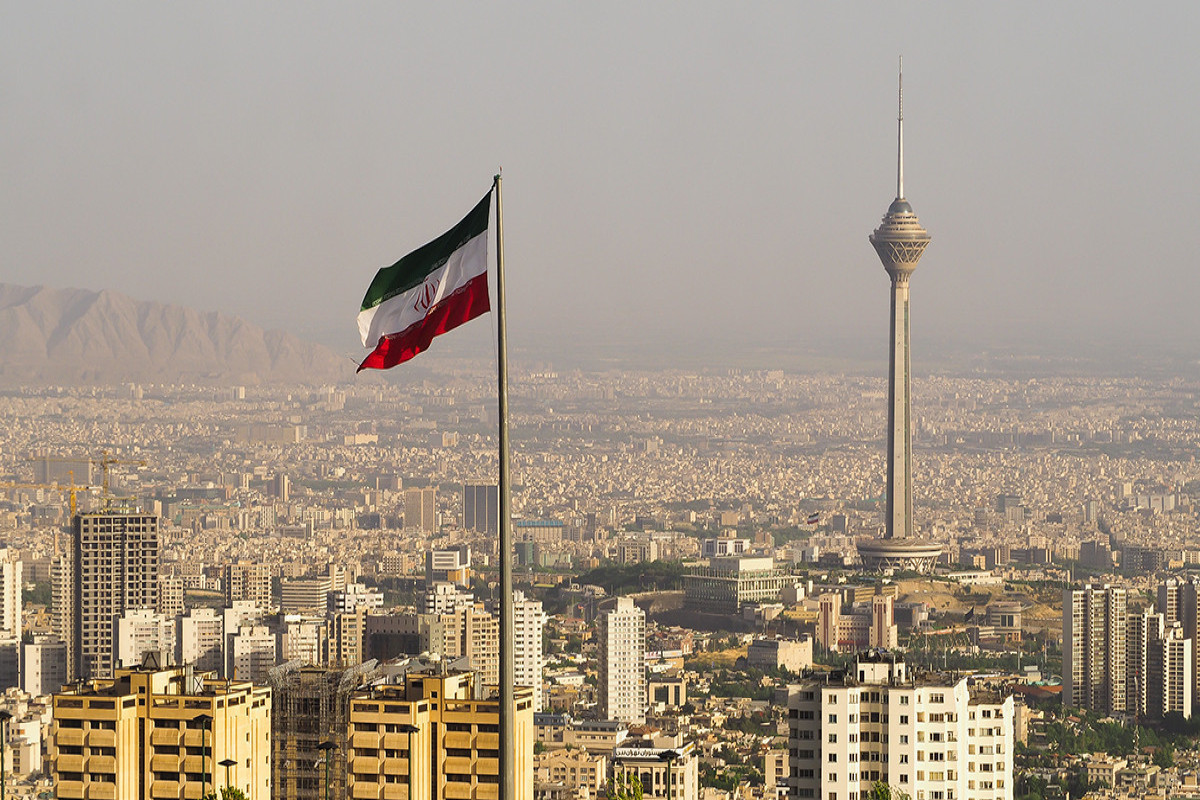"Although significant progress was made in the Prague negotiations, the mood in the process changed dramatically following an intervention of the Russian-Armenian oligarch Ruben Vardanyan who came from Russia only a month later."
APA reports that it was stated in the article "Russia’s new meddling in the Caucasus. Peace between Armenia and Azerbaijan is possible — but a Russia-backed oligarch is trying to stop it," by Maurizio Geri, a former analyst on the Middle East and North Africa at the NATO Allied Command, and analyst for the Italian Defence General Staff.
Th analyst notes that at the summit, peace seemed more attainable than ever, as Armenian Prime Minister Nikol Pashinyan and Azerbaijan’s President Ilham Aliyev confirmed they would recognize each other’s territorial integrity and sovereignty, adopting the United Nations’ Alma Ata 1991 Declaration as the basis for border delimitation discussions: "This is significant, as up until that point, Armenia’s leadership had never recognized Karabakh as the sovereign territory of Azerbaijan. But despite such crucial progress, reality has, of course, proven more complicated. And though peace between Armenia and Azerbaijan is still possible, there’s now a new obstacle standing in the way — and it’s backed by Russia."
Maurizio Geri said that after the 44-day war, Baku had moved quickly to reintegrate the region, with vast sums invested into a massive mine-removal operation, and so far, the first 200 families from among the 600,000 Azeris internally displaced from the first war have already begun returning: "Bringing closure to the Azeris, who were victims of the First Nagorno-Karabakh conflict in the 1990s is a priority for Baku — however, there’s also a need to accommodate and integrate the region’s large ethnic Armenian population, as there can otherwise be no lasting peace."
"Security and religious and cultural freedoms of ethnic Armenians was key aim of the Prague talks — and significant advancements were made. But then, just a month later, the mood changed dramatically following an intervention by Russian-Armenian oligarch Ruben Vardanyan.
Born in Yerevan, Vardanyan made his riches in Russia during the decade of gangster capitalism following the collapse of the Soviet Union.
Departing his birthplace in 1985, Vardanyan lived in Moscow for many years before suddenly renouncing his Russian citizenship last November and relocating to Karabakh, becoming the region’s de-facto state minister. The oligarch had shown scant interest in Karabakh before this point, but he’d clearly spotted an opportunity to earn a profit: Two long-dormant gold mines reopened mere weeks after his arrival," he said.
The author stressed that Vardanya's arrival in Karabakh coincided with an unusual time and added that there were concerns: "The worry is that Vardanyan will now use this influence to turn public opinion among Karabakh’s Armenian community against peace, which would be disastrous for the interests of both Baku and Yerevan.
It raises the question: How did Vardanyan suddenly become so influential in Karabakh, and who helped him get to this position?
The two main regional powers active in the South Caucasus are Turkey and Russia. The former is a firm ally of Azerbaijan, and while the latter has traditionally backed Armenia, Pashinyan has been public in his criticisms of the Russia-led Collective Security Treaty Organization for failing to provide his country with sufficient support — a move that can be read as an indirect criticism of the Kremlin.
Meanwhile, Vardanyan is well-connected in Moscow, which sees the South Caucasus as firmly in its sphere of influence. All of Russia’s oligarchs operate under the grace-and-favor of President Vladimir Putin, and for this reason, there can be no doubt that Vardanyan is the Kremlin’s man — something the Ukrainian government recognized when it imposed sanctions against him.
Moscow brokered the ceasefire agreement that ended the 2020 war, and its peacekeepers have been stationed there ever since. With the European Union also actively engaged in the peace process, however, the Kremlin has a direct interest in avoiding being sidelined in its own backyard.
Currently, Russian peacekeepers are also patrolling the Lachin corridor linking Karabakh to Armenia, which is the route Vardanyan is using to export his minerals as well — and Moscow’s peacekeepers aren’t hindering these exports."
The author also touched upon the peaceful protest held by Azerbaijani eco-activists on the Lachin-Khankendi road since December 12: "Suspending peace talks indefinitely would allow Moscow to kick the can down the road and reengage at a time when it’s more able to impose its own terms. This way, it can maintain its position as the international arbiter in the South Caucasus.
If the international community wants to prevent this from happening, it needs to get substantive peace talks between Azerbaijan and Armenia going as quickly as possible. It could do this is by publicly holding Azerbaijan to its word that it will guarantee the rights, security and heritage of Karabakh Armenians, while also publicly holding Armenia to its word that it will guarantee respect for Azerbaijan’s territorial integrity.
But no matter what, the local populace in Karabakh needs to understand there are two sides fighting for peace here — and neither Russia nor Vardanyan are among them."


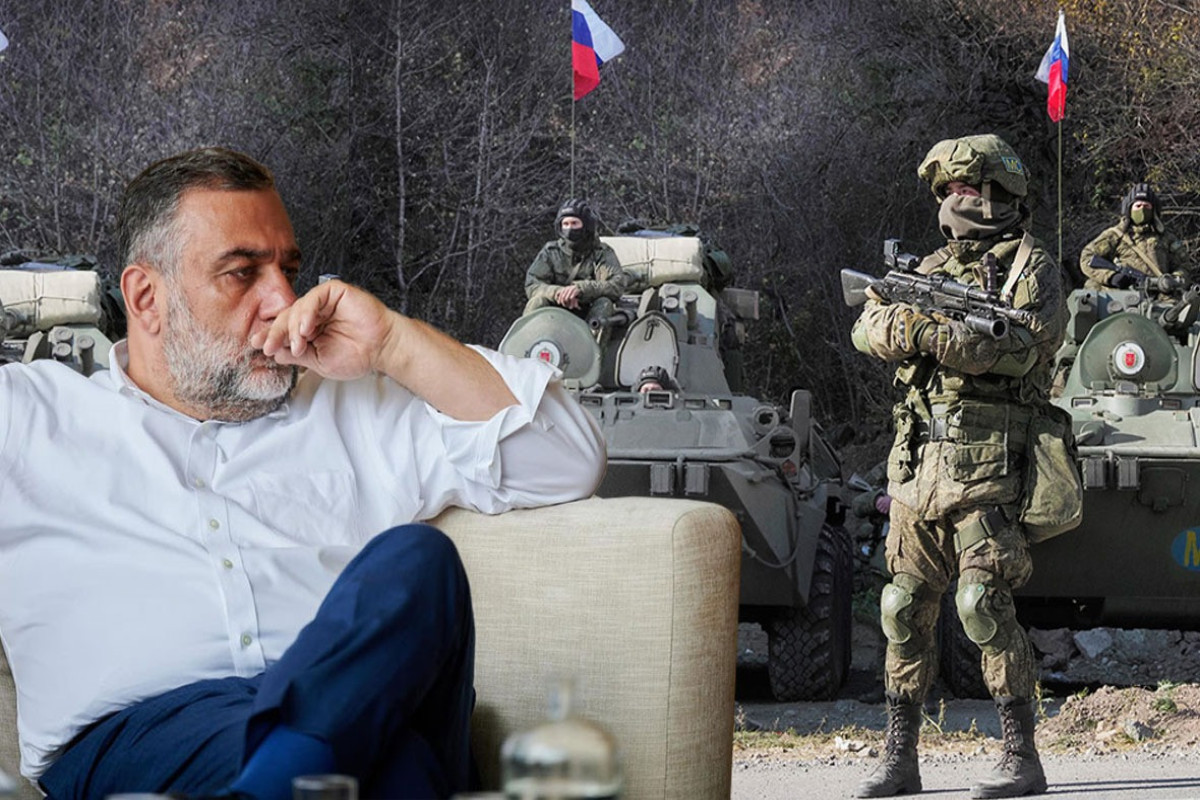
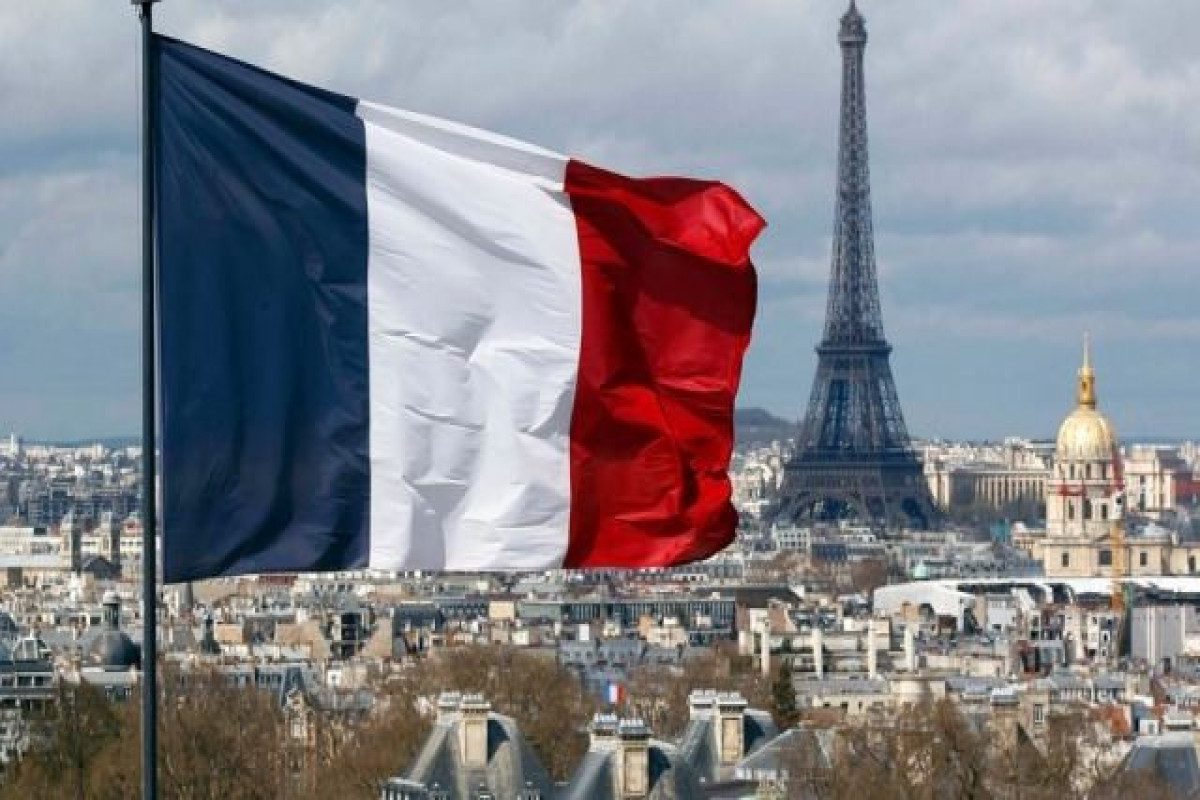
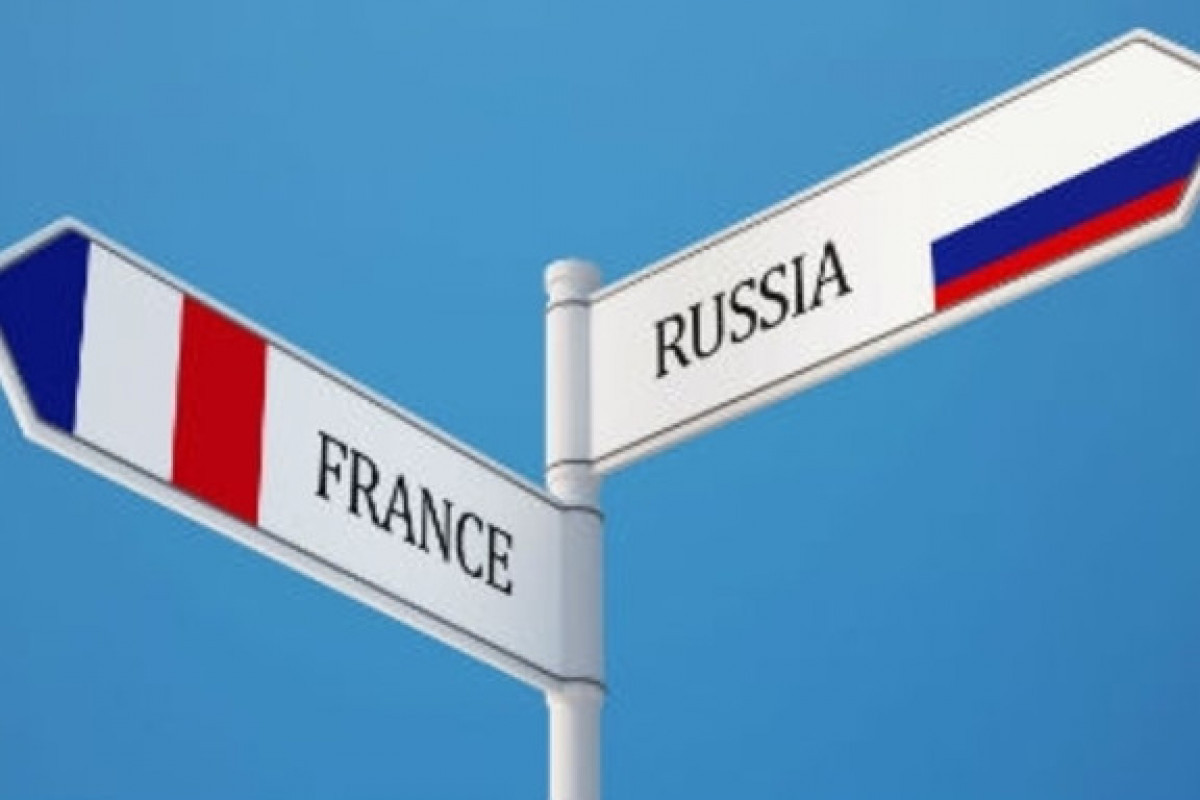 ANALYSIS'>
ANALYSIS'>
